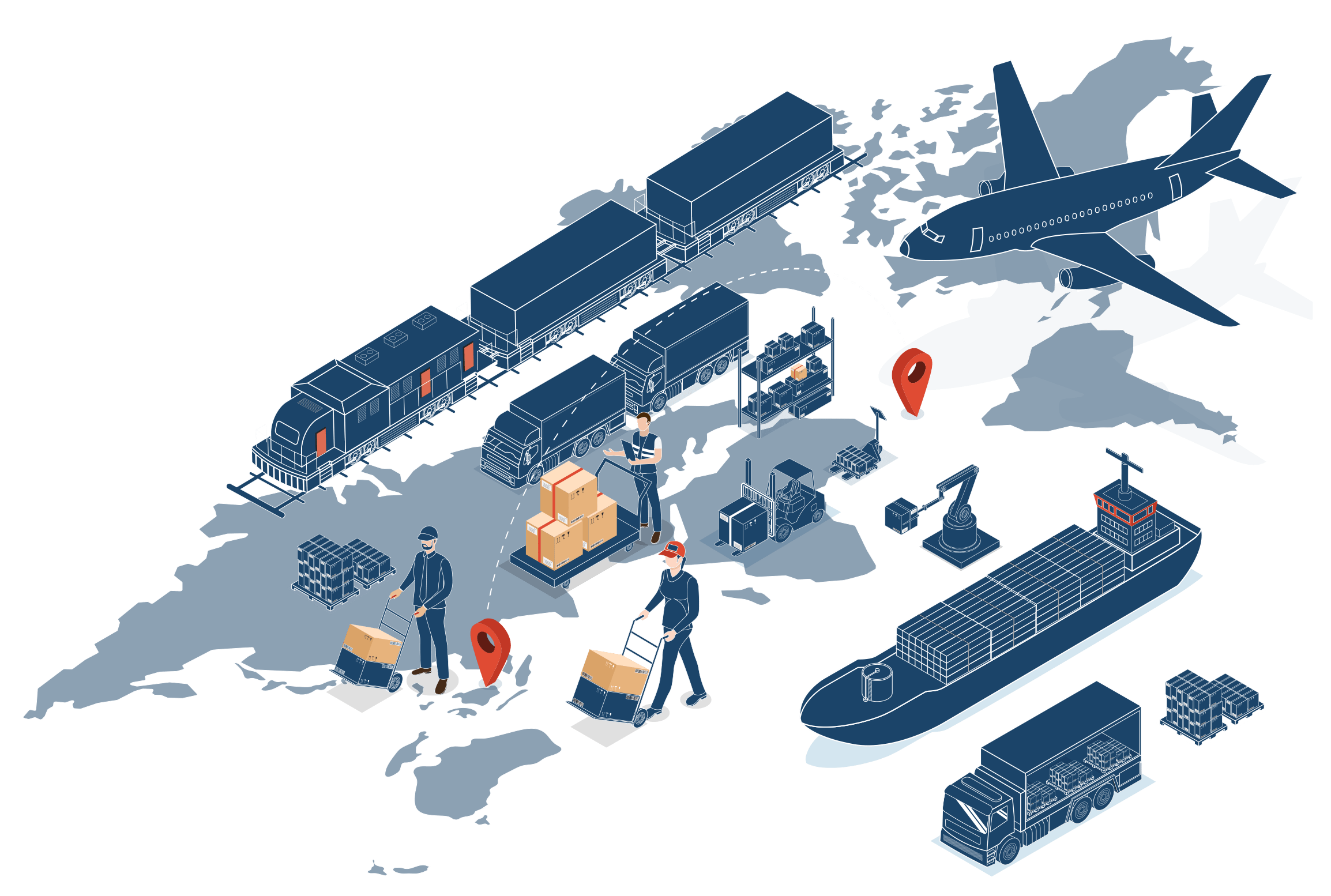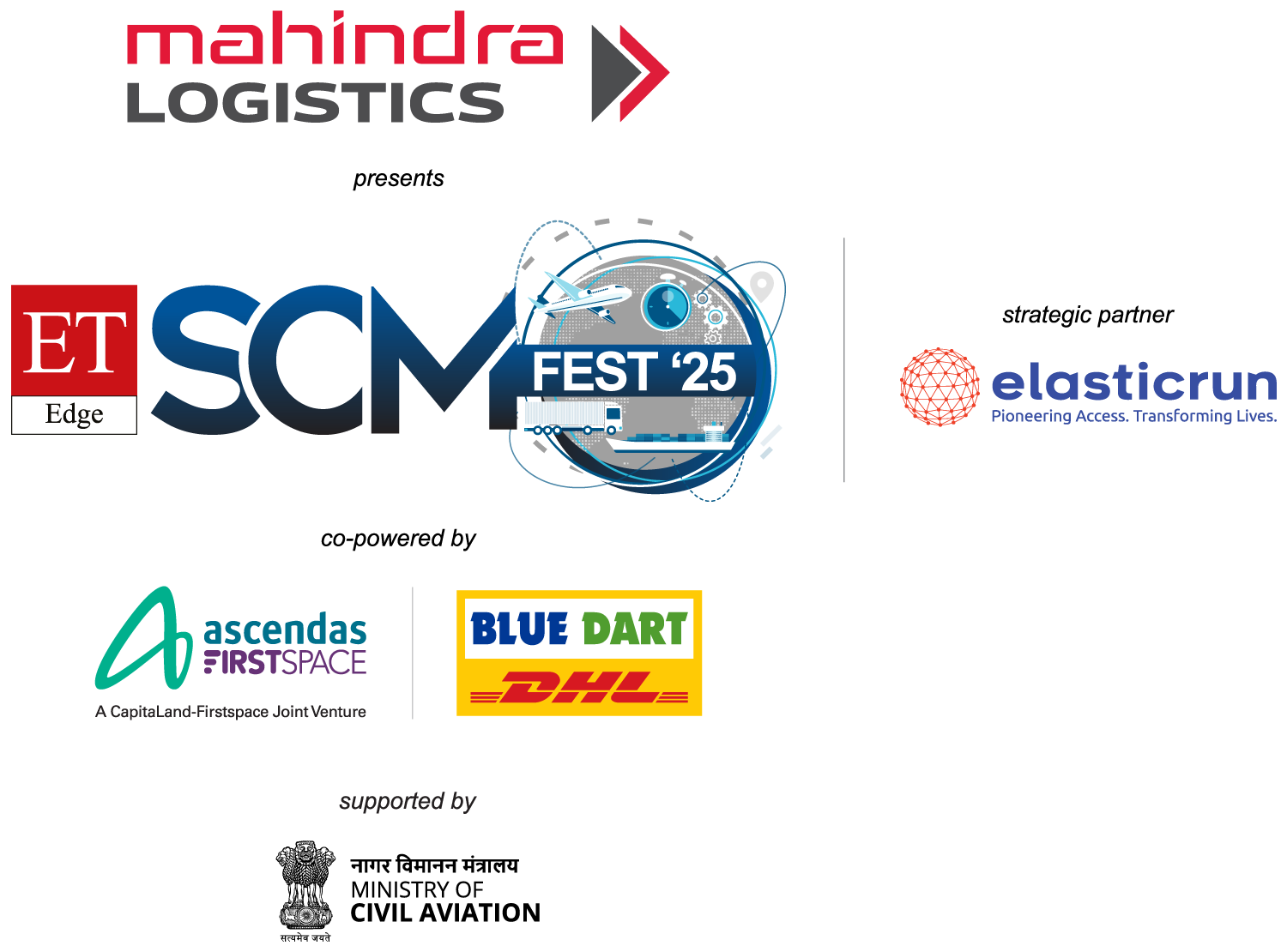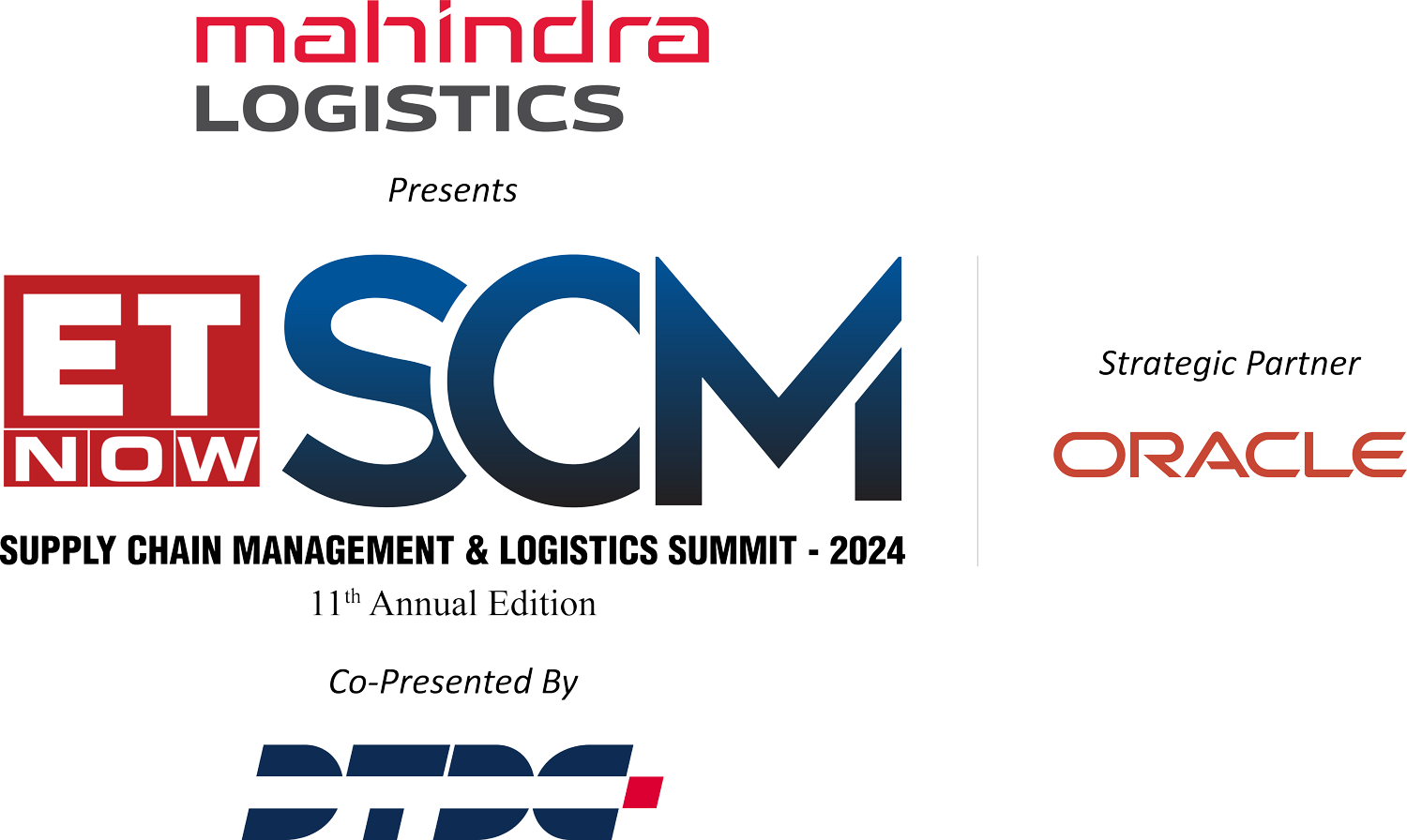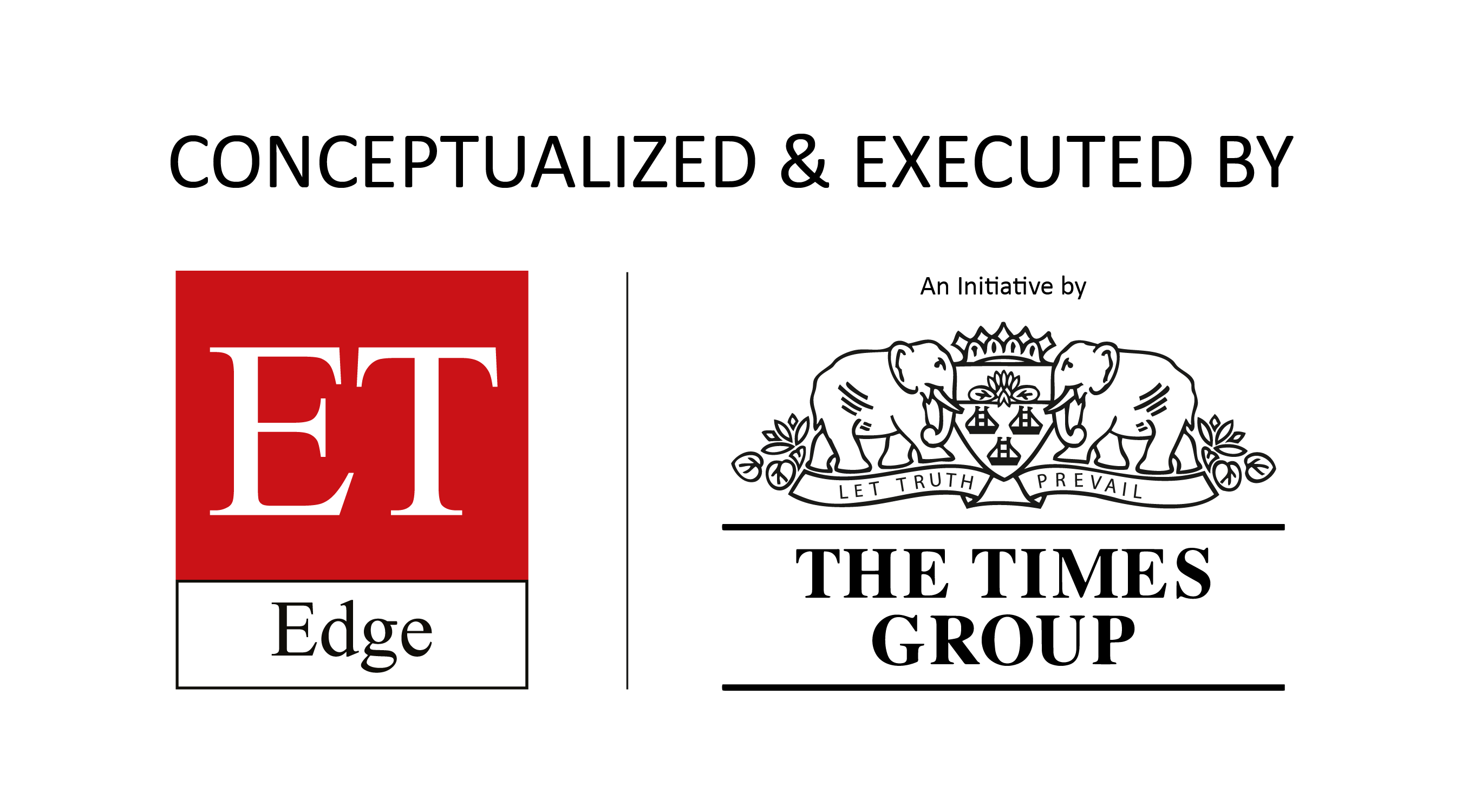
Presents
SCM MASTERCLASS
Future-Proofing the Supply Chain
- Taj Palace, New Delhi
- 26th & 27th June 2025

ABOUT

A proud extension of the 186-year-old Times Group legacy, offers a transformative series of real-time learning experiences. These programs expertly blend the strategic insights of iconic academicians with the practical wisdom of world renowned business experts and coaches.
Far beyond conventional theory, our masterclasses are deeply rooted in real-world experiences and market dynamics. They are designed to equip individuals and teams across every organizational level with the clarity, agility, and confidence to lead with impact.
Whether navigating disruption, driving growth, or sparking innovation, this leadership development journey is crafted for measurable, immediate results—where visionary strategy meets personal mastery.
Tailored for senior executives and emerging leaders, these programs offer cutting-edge insights from some of the world’s most influential strategic minds, providing a comprehensive understanding of effective leadership in today’s fast-evolving world.
OVERVIEW
SCM MASTERCLASS
In today’s fast-evolving business landscape, the role of the Supply Chain is rapidly shifting from a transactional function to a strategic differentiator. The Supply Chain Management (SCM) Masterclass “Future-Proofing the Supply Chain” is designed for senior leaders, supply chain professionals, and business strategists who seek to navigate this transformation and elevate their supply chain strategies.
This comprehensive, results-driven masterclass offers in-depth insights into building resilient, sustainable, and tech-enabled supply chains. Participants will explore the latest trends in digital supply chains, green practices, and risk management, while learning how to leverage emerging technologies such as AI, machine learning, and blockchain to drive efficiency and innovation.
No. of Modules
07
Time
90 minutes each
No. of Seats
Limited
Program Duration
02 Days
Key Learning Outcomes
Strategic Vision:
Aligning the supply chain with broader business objectives to create value and competitive advantage.
Resilience & Sustainability:
Embedding sustainability, circular economy models, and green initiatives into the heart of supply chain operations.
Technology-Driven Transformation:
Harnessing AI, data analytics, IoT, and digital twins to enhance visibility, efficiency, and decision-making.
Risk Management & Agility:
Identifying, mitigating, and preemptively managing risks to maintain agility in uncertain global markets.
Advanced Metrics:
Evolving supply chain KPIs to reflect growth, agility, sustainability, and long-term value.
With case studies from leading global organizations, interactive discussions, and expert-led workshops, participants will gain the tools to lead their organizations through the complexities of modern supply chain challenges and capitalize on new opportunities.
WHO
SHOULD
ATTEND
Facilitator
Supply chain shift from being Transactional function to Strategic competitive differentiator
In the age of digital transformation, supply chain optimization is no longer just about efficiency; it’s about agility, real-time decision-making, and harnessing the full potential of emerging technologies. This module delves into the role of Control Towers as a critical enabler of supply chain performance in the digital era. Participants will explore the foundational elements of Control Towers, key metrics for performance monitoring, and how to integrate technology to drive real-time visibility and smarter decision-making.
Key Points
- Data as a strategic asset: Visibility, predictability, and scenario planning
- Supporting new business models: Circular economy, servitization, and D2C
- ESG and sustainability: Embedding responsible practices in global sourcing and logistics
- From Metrics to Mindset: Measuring What Really Matters
- Aligning SCM performance with broader business outcomes
- How to build and communicate supply chain value at the board level
- Identify capability gaps, quick wins, and long-term transformation levers
Facilitator
From Insight to Foresight
Harnessing ML, AI & GenAI to Drive Predictive, Autonomous,
and Intelligent Supply Chains
Key Points
- Role of ML in demand sensing, inventory optimization
- AI in exception management, predictive maintenance
- GenAI use cases: Automated root-cause analysis, intelligent planning, conversational analytics
Facilitator
Advancing Supply Chain Sustainability and Resilience
A Focus on Green Supply Networks
Key Points
- What is Green Supply Chain? Metrics, Certifications & Impact
- Green logistics solutions
- Lifecycle assessment
- Regulatory compliances
- Green sourcing
Facilitator
Supply Chain Today & Tomorrow: Navigating Global Tarriff Uncertainty
Key Points
- The present global trade landscape and impact on SC networks
- Mapping tariff risk & exposure
- Regionalization or globalization: Nearshoring, friend-shoring, and China+1 strategies
- Opportunity mapping – Turning trade shifts into strategic plays
- The end of lowest-cost logic - supply chain as a geopolitical chessboard
- Legal restructuring: Revisiting contracts and Incoterms to offset risk
Identifying and Managing Supply
Chain Risks pre-emptively
Key Points
- Risk typologies – Operational, Financial, Regulatory, Climate
- Pre-emptive Risk Identification and Mapping
- Building Resilient Supply Networks
- Digital Risk Management Tools & Technologies
- How to predict disruptions: Data signals & early warning systems
- Quantifying supply chain risk exposure
Facilitator
Optimizing Supply Chain Performance in the Digital Era
Metrics, Monitoring, and the Role of Control Towers
Key Points
- Understanding Control Towers: Myths vs Reality
- Metrics That Matter
- Technology Stack for Control Towers
- Building a real-time visibility Control Tower Framework
- Future Outlook
Facilitator
The Project — Bridging Theory and Practice
In this capstone module, participants are encouraged to apply the insights and tools gained throughout the program to real-world challenges within their own organizations. Through mentoring by industry experts, and case studies participants will refine existing processes or implement innovative solutions to drive tangible improvements. By leveraging key concepts, methodologies, and techniques covered in the sessions, participants will bridge theoretical knowledge with practical application.
agenda
• Data as a strategic asset: Visibility, predictability, and scenario planning
• Supporting new business models: Circular economy, servitization, and D2C
• ESG and sustainability: Embedding responsible practices in global sourcing and logistics
• From Metrics to Mindset: Measuring What Really Matters
• Aligning SCM performance with broader business outcomes
• How to build and communicate supply chain value at the board level
• Identify capability gaps, quick wins, and long-term transformation levers
By: Dr. Partha Priya Datta, Professor of Operations Management, IIM Calcutta
• Role of ML in demand sensing, inventory optimization
• AI in exception management, predictive maintenance
• GenAI use cases: Automated root-cause analysis, intelligent planning, conversational analytics
By – Abhisek Chatterjee, Director – Supply Chain Transformation. PwC India
Rohit Saxena,Director – Supply Chain Transformation. PwC India
• Role of ML in demand sensing, inventory optimization
• AI in exception management, predictive maintenance
• GenAI use cases: Automated root-cause analysis, intelligent planning, conversational analytics
By – Abhisek Chatterjee, Director – Supply Chain Transformation. PwC India
Rohit Saxena,Director – Supply Chain Transformation. PwC India
• What is Green Supply Chain? Metrics, Certifications & Impact
• Green logistics solutions
• Lifecycle assessment
• Regulatory compliances
• Green sourcing
By Prof Rajeev Tripathi, Chairperson, Supply Chain Management Centre | Assistant Professor Production & Operations Management IIM Bangalore
• The present global trade landscape and impact on SC networks
• Mapping tariff risk & exposure
• Regionalization or globalization: Nearshoring, friend-shoring, and China+1 strategies
• Opportunity mapping – Turning trade shifts into strategic plays
• The end of lowest-cost logic – supply chain as a geopolitical chessboard
• Legal restructuring: Revisiting contracts and Incoterms to offset risk
By Anurag Sehgal – Managing Director, Supply Chain, PwC India
Sukanya Krishnan – Managing Director, Supply Chain, PwC India
• Risk typologies – Operational, Financial, Regulatory, Climate
• Pre-emptive Risk Identification and Mapping
• Building Resilient Supply Networks
• Digital Risk Management Tools & Technologies
• How to predict disruptions: Data signals & early warning systems
• Quantifying supply chain risk exposure
By: Dr Mohit Goswami – Associate Professor, Operations and Qty tech, Supply Chain, IIM Raipur
• Understanding Control Towers: Myths vs Reality
• Metrics That Matter
• Technology Stack for Control Towers
• Building a real-time visibility Control Tower Framework
• Future Outlook
By – Prof. Vineet Suri
Professor, Management, Supply Chain and Logistics, Sharda University
This module encourages participants to translate their programme learnings into practical
applications within their organizations. By leveraging key concepts, tools, or techniques covered in the sessions, participants can refine existing processes or implement new ones to drive
improved outcomes. This hands-on exercise fosters deeper understanding by bridging theoretical knowledge with real-world industry challenges, ensuring meaningful and impactful application of insights gained throughout the programme.
Prof Manupati Vijay – Assistant Professor, Operations & Supply Chain Management, IIM Mumbai
Jonathan Cheung – FCIPS (Chartered) Chair, CIPS Excellence in Procurement & Supply Awards, Asia
Jayaraman Krishnamurthy – Co-Founder, Stealth Mode, Supply Chain Leadership
Masterclass Registration Period Has Ended
© Copyright 2025. All Rights Reserved.












